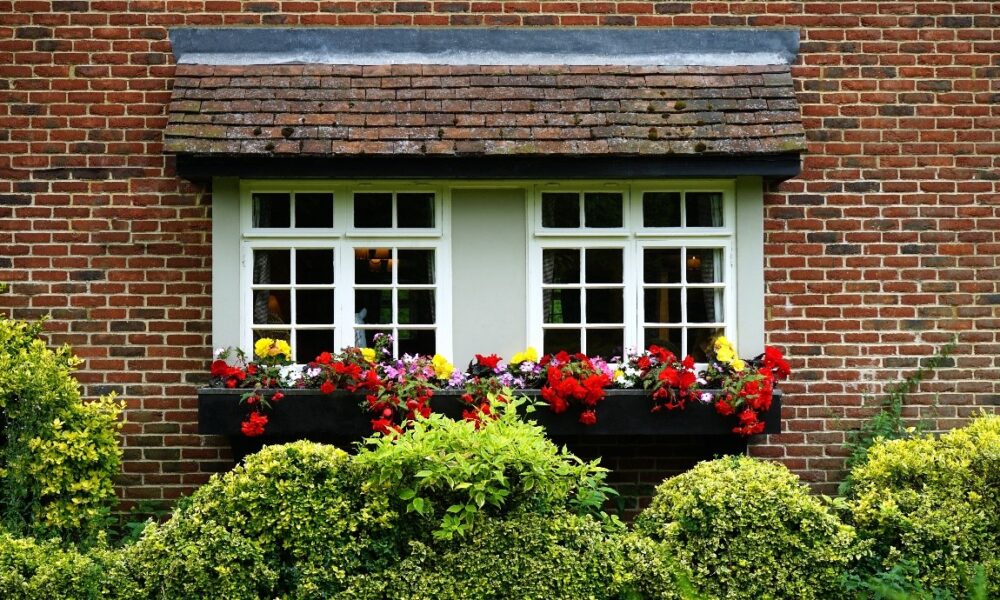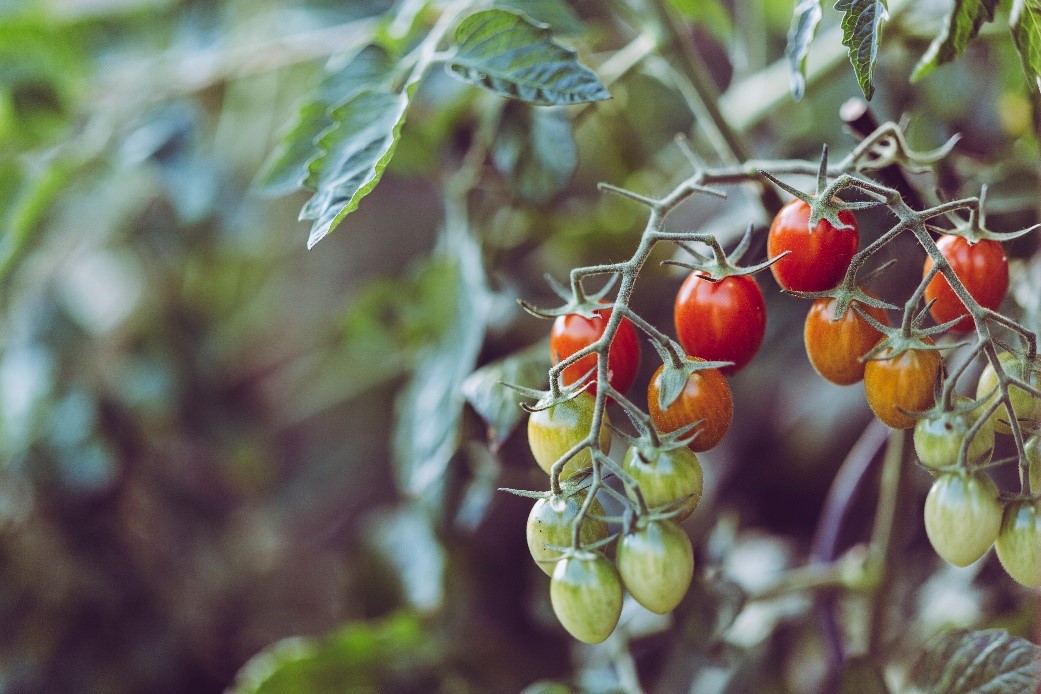Home Improvement
Professional Garden Installation Services and New Garden Landscaping

Trying to start a garden on your own can be intimidating. There’s so much out there to learn and to consider. Each of our homes is different. Trying to decide what to grow, and what is right for your personal garden, is difficult.
Of course, there are resources out there that can help. Before I get into that, though, let’s talk about gardening at home. It’s important to know what you’re getting into!
Gardening is a Growing Industry
It might sound strange to call gardening an “industry.” That being said, like this article mentions, gardening sales in the United States alone grew by about 10% back in 2018. Since then, it’s only been increasing!
There are plenty of reasons behind this. It’s a hobby that has growing popularity. It helps us connect to nature in a few ways. Be it flowers, shrubs, or even vegetables – well, we can cultivate a lot of different plants in our gardens!
Being able to grow our own food is just one perk to gardening at home. Just beautifying our homes has some pretty significant perks. After all, it’s a lot more relaxing to enjoy a yard or garden filled with lovely plants than totally bare grass!
Types of Popular Plants
If you’re looking to plant a vegetable garden, there are a few popular go-to options! I’ll go over a list of them now, if you’re considering your options. You can find more details here, https://www.almanac.com/content/10-easy-vegetables-grow-seed, but I’ll discuss them in simple terms.
- Tomatoes
This is one of the most universal types of plants. While it’s technically considered a fruit, I would still categorize it as part of a vegetable garden. There are a ton of different kinds of tomatoes.
From cherry, to roma, to kumato, even blue tomatoes – if you want to grow tomatoes, you have a ton of options. What’s nice about these is that you can even grow them in a planter. Of course, it’s good to research the different types. You might want to consider a professional consultation as well, as far as what you can grow in your soil.
- Peppers
Peppers are an easy plant to cultivate. You can put them in planters, beds, and even on a sunny patio – the most important thing is that they get plenty of sun and have heat. They flourish in that sort of environment.
Of course, there are so many different types of peppers out there. If you’re curious for a list of twenty-five that are good for cooking, you can read more about them here! Some of the most popular for home gardeners are bell peppers. These are typically sweeter and can be eaten raw or cooked.
- Herbs
Probably the most key part of any home gardener’s plot is herbs. I know when I started my gardening journey, I began with herbs. Obviously, there are a ton of different types.
Basil is a classic staple. It’s pretty easy to grow, and you can get some from most grocery stores. Cilantro plants can grow to get really big, much to my surprise, but are also fairly simple to maintain! Look into your options as far as herbs go. They’re a great option for anyone thinking of getting into gardening.
- Scallions
For the purposes of this list, this is the last type of vegetable I’ll go over. Scallions are a great addition to most gardens. This is because they’re so delicious. If you don’t like onions, they might not be the best option for you, but they’re a classic in cooking. I like to add them to my spaghetti sauce, for example.
They’re best planted in the ground because they’re a bulb plant. They also need a fair amount of room. All of these considerations are why you need to think hard about your new garden landscaping and potentially get a professional consultation!
Professional Gardening and Landscaping
One of the perks of hiring a professional gardener is that they usually consist of at least one horticulturalist. They will examine your property and help you determine what would grow best there. They can even help you slightly adjust these conditions – be it improving the soil over time or something else.
What is a Horticulturalist?
A horticulturalist is a professional who has scientific knowledge about plants. This includes their cultivation and propagation. If you’re curious, you can see this link about horticulture and what they do: https://www.careerexplorer.com/careers/horticulturist/.
What’s most important to note is that they are professionals trained in this field. They’re not exactly the same as a landscape architect, though they are similar of course. Besides creating a beautiful landscape, they also know the science behind it.
Most of them work with fruits, nuts, berries, trees, shrubs, flowers, and vegetables. Some even work with turf and management of soil properties. They can do research in biochemistry, plant reproduction and breeding, and crop production.
All of these qualifications help to explain why consulting with one can be such a benefit for your garden. If you’re not sure where to start, or the state of your yard, they can be a resource for you! They go beyond just designing a pretty space. They want to ensure it is functional and sustainable as well.
Consider a Professional Service for Your Garden
While it might seem unnecessary at first, seeking out a professional landscaper and/or horticulturalist can really up your gardening game. They’ll help design a great space for you to enjoy for years to come.
Because these professionals take several things into account before choosing plants, you can be more sure your plants will work together. Sometimes, they can compete for the resources nearby. With a horticulturalist, they can consider the nutrients in your soil and your general climate. There’s a lot less chance of your poor plants dying if you’ve got a consultant. I know I’ve tried to plant some vegetables that ultimately just couldn’t survive where I live. It’s always sad having to dispose of them. That’s just one of many reasons you should at least consider getting a consultation.
